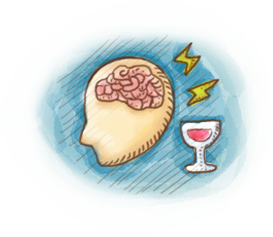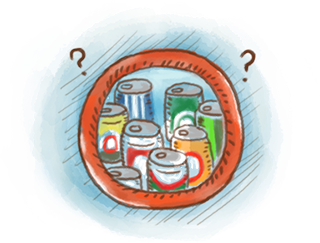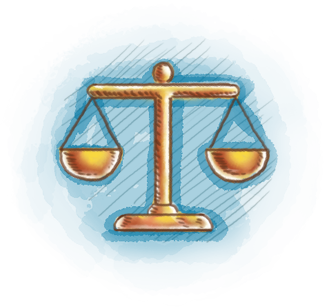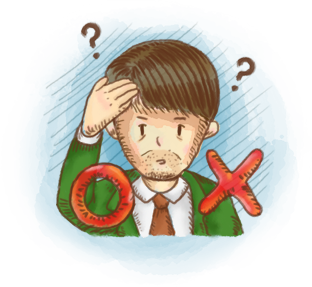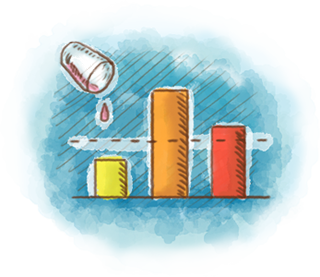I. What is lapse and relapse?
One minute you are fine, the next minute you are using alcohol and you do not know the reason?
Lapse is when people pick up alcohol after a period of sobriety but stop again almost right away.
A relapse is far more serious than a lapse. It means that the individual has returned to their former addiction. This relapse may last for days or it could be longer than this.
Everyone has occasional thoughts of using alcohol again. It does not mean that you will relapse. Relapse is a process, it is not an event. It happens gradually. Look for the early warning signs can help you to prevent relapse.
Relapse triggers
There are lots of triggers that can lead to relapse. The most common relapse triggers include:
- Becoming over-confident in recovery. After some time in recovery, you might think you are strong in your recovery and begin to feel like you no longer need to follow the relapse prevention plan.
- Emotions. Experience negative emotions often lead people to use alcohol in the first place and can easily lead a person back to their addiction. It is impossible to avoid negative feelings. Learning how to cope with the emotions without using alcohol will be essential in early recovery.
- Social isolation. Social anxiety may be a struggle for many recovering addicts. Social isolation and loneliness can lead you right back to addiction.
- Social situations where alcohols are available. Putting yourself in situations where alcohol are available can be enough to trigger intense urges to use.
- Others like stress, continue to abuse other types of substance, mental or physical illness, family problems etc.
II. The stages of relapse
There are three stages of relapse, which include emotional relapse, mental relapse and physical relapse.
Emotional relapse
In this stage, you are not thinking about a return to alcohol abuse, but your emotions and behaviors are setting you up for a possible relapse in the future. You may have the problems of anxiety, mood swings and poor sleep habits. You do not want to ask for help and start to isolate yourself. These signs of emotional relapse are also the symptoms of post- acute withdrawal. It is easier to avoid relapse if you pay attention to those early warning signs and understand post-acute withdrawal.
Mental relapse
In this stage, you are thinking about drinking again. There is a war going on in your mind which the urge to return to addiction can be strong. You may keep on glamorizing your last use and thinking about people and alcohol you used with.
Physical relapse
In this stage, you act on your urges and start drinking again. If you have relapsed, you may have negative feelings like shame, guilt, depression and more. You need to remember that it is not the end of the world. There are steps that you can pull yourself back up and to move forward.
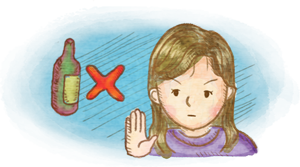
III. Relapse prevention toolbox
Early relapse prevention
- Recognizing that you are in emotional relapse and remind yourself to ask for help. You can practice self-care at the emotional relapse stage. Taking better care of yourself which includes having enough sleep, eating better, let go of your resentments etc. instead of using alcohol to escape or relax. By practicing self-care, you can avoid situations that mentally and emotionally draining.
Techniques for dealing with mental urges
- Tell someone that you are having urges to use and what you are going through can make you feel that you are not alone.
- You can do something to distract yourself and wait for 30 minutes. Most urges usually last for less than 15 to 30 minutes.
- Attending counseling sessions can help you commit to continued development in recovery.
- Hobbies and exercise are vital. They can help you to fill up the time you used to spend on drinking.
- Meditation techniques can help you cope with cravings and high-risk situations.
Relapse is not inevitable and many people that experience a relapse can learn from it and move on. You need to make more changes to your life than just putting down the alcohol. There are plenty of tools to help you avoid relapse in the future.
Relapse does not mean failure. It is what you decide immediately following a relapse that matters most. Ask for help. You are not alone.



















